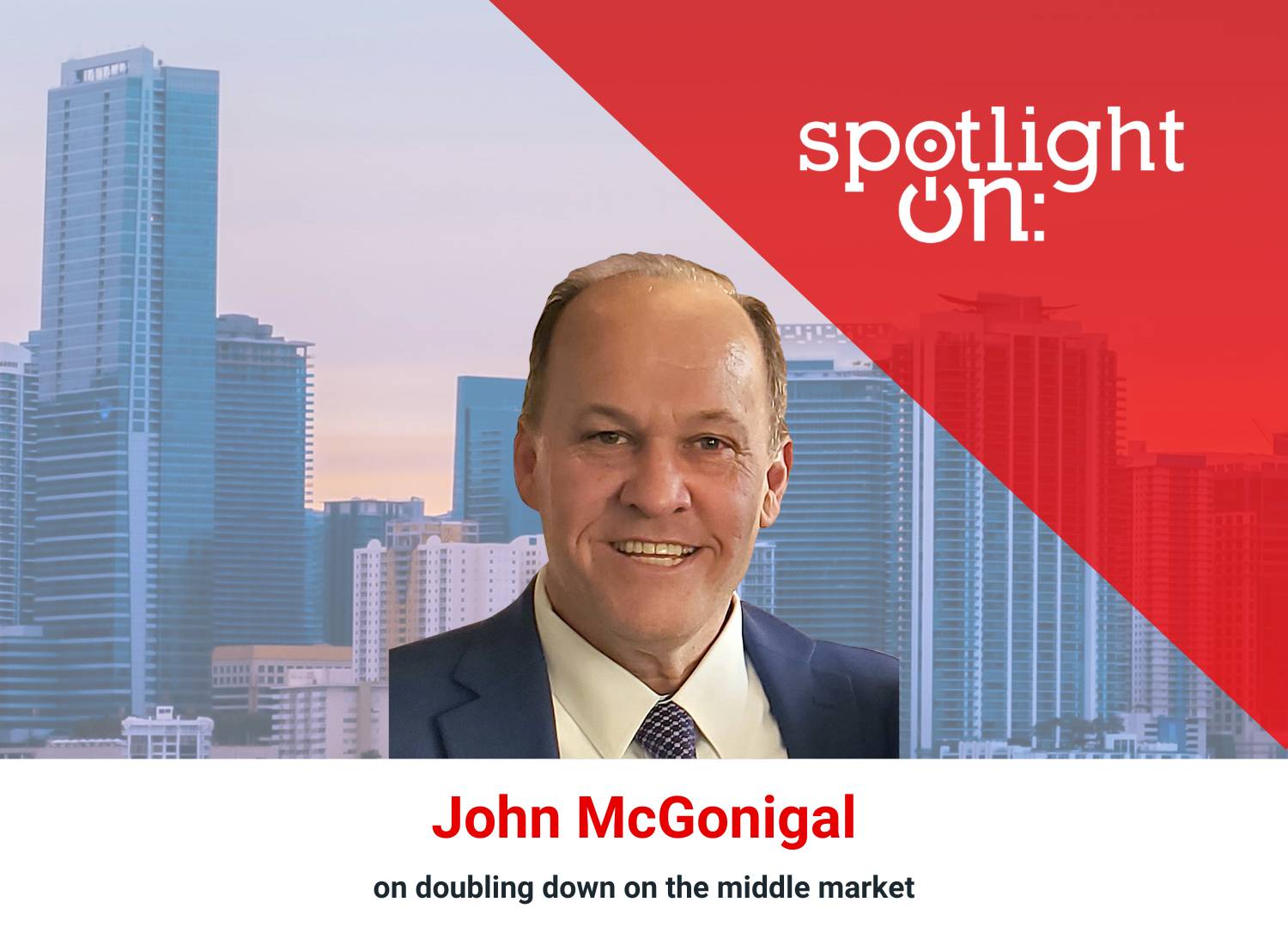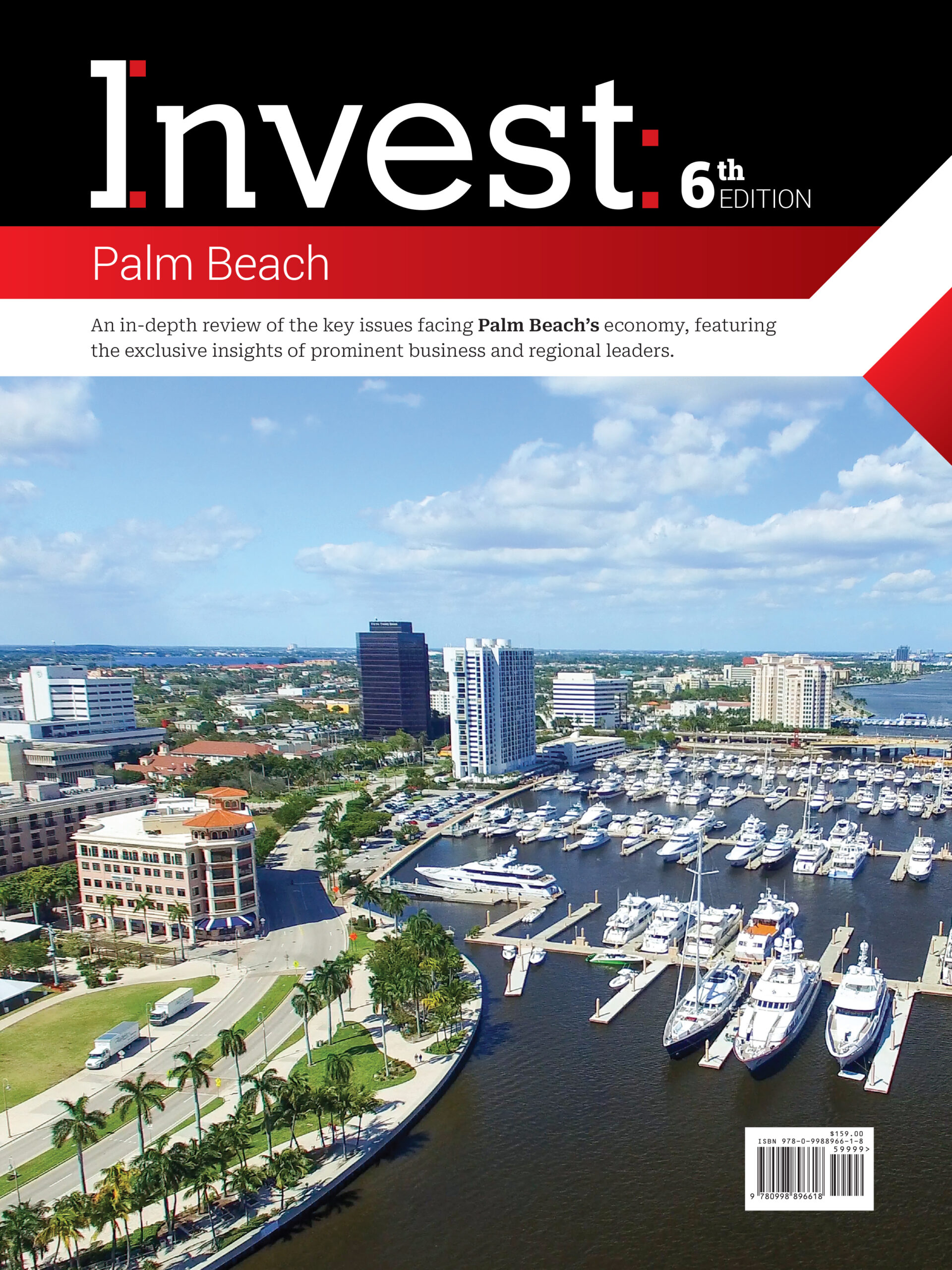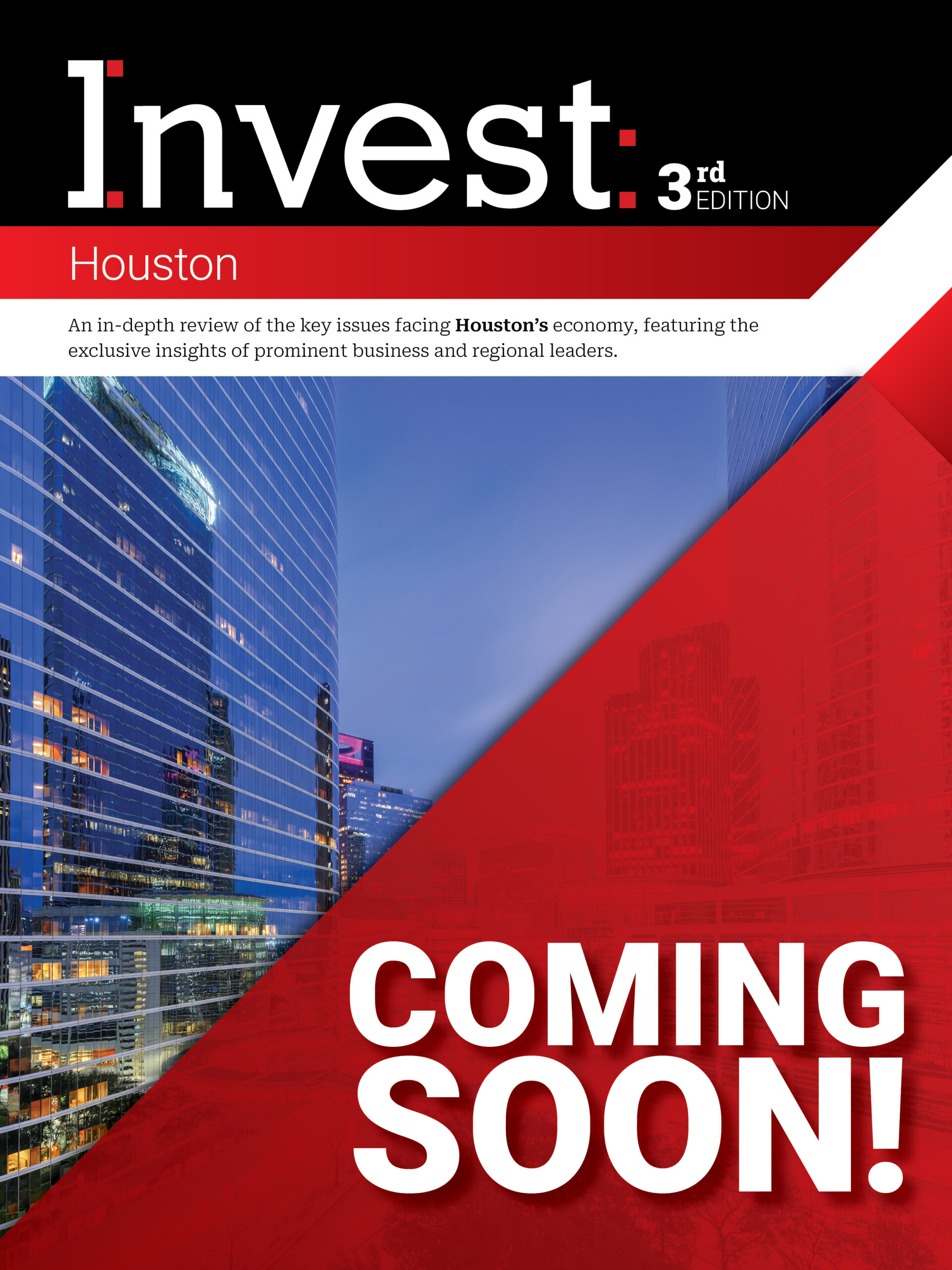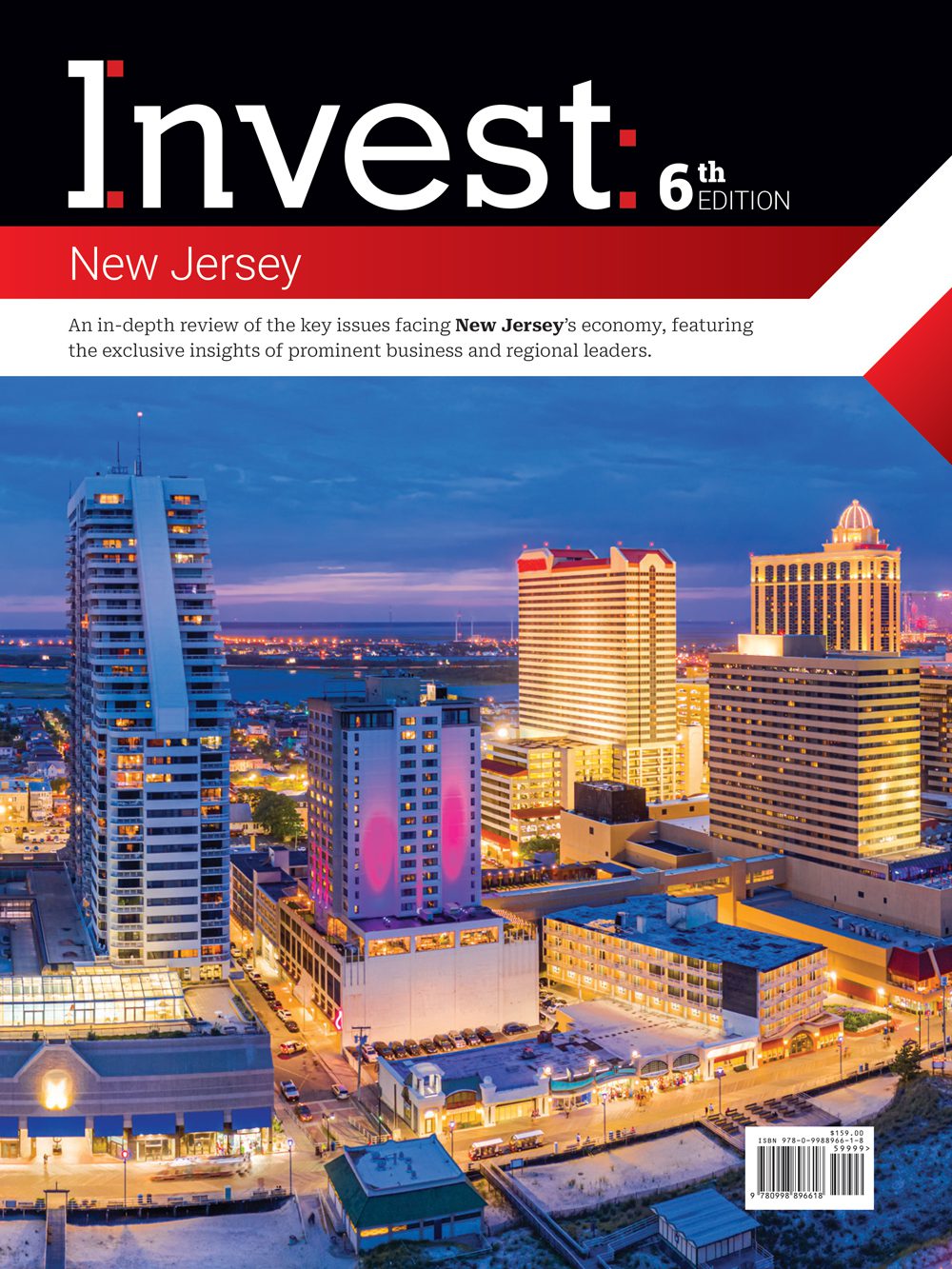Accounting at a crossroads: A major shift in education and workforce development

June 2025 — The Certified Public Accountant (CPA) profession is navigating a challenging time, caused by record-low numbers in higher education enrollment. A profound transformation is underway — one that will influence how accountants are educated and how firms attract young talent. Industry leaders and educational institutions are working together to shape the requirements around licensing and explore innovative solutions to modernize the pathway to a sustainable accounting workforce for the future.
The most pressing issue for the CPA profession is the concerning shortage of qualified and certified talent. The latest CFO Pulse Report showed that the open finance and accounting roles have increased by 150% compared to 2024, and 87% of decision makers pointed to the talent shortage in the industry, with 20% saying it is a growing gap. The diverse causes include an aging workforce approaching retirement, fewer students pursuing degrees, and an increased demand for financial transparency from the firms.
“Fewer people are entering the accounting profession, and it’s becoming harder to find skilled professionals who want to commit to the demands of the field. This shortage has ripple effects, impacting the quality of service firms can provide,” said Lea Graf, president of Sterling Tax & Accounting in an interview with Invest:.
State authorities such as the New Jersey Society of Certified Public Accountants (NJCPA) noticed that nearly half of the state businesses report talent shortages to be a significant risk to their operations.
In order to overcome these challenges, educational institutions are exploring modernized pathways to CPA Licensure. Traditionally, CPA candidates have been required to complete 150 credit hours of education, which may entail completing a master’s degree, pass the CPA exam, and acquire a year of work experience—requirements that make students reevaluate their commitment, due to the high cost and long time investment.
In response, the American Institute of CPAs (AICPA) and National Association of State Boards of Accountancy (NASBA) presented the CPA Competency-Based Experience Pathway, which would allow candidates a third option to demonstrate professional skills, without the need for a fifth year to seek a master’s or 30 credits beyond bachelor’s. This approach represents a more flexible alternative to traditional pathways, with emphasis on real-world conditions.
Meanwhile, another alternative comes from the New Jersey Society of Certified Public Accountants (NJCPA), which proposed a bachelor’s degree plus two years of professional experience alongside the CPA exam. This proposal, recently approved by the state’s Assembly Regulated Professions Committee, keeps the traditional pathway intact while offering an entry to well-positioned and competitive jobs.
“Colleges and universities see that fewer students are pursuing this profession. At the same time, having fewer accountants in the pipeline creates more demand for accounting services. Whoever will be able to attract and retain the best talent will gain a competitive advantage in our industry,” Horatiu Maiorescu, EVP of CLM Financial Enterprises, told Invest:.
The academic approach is crucial in tackling the shortage, but not only at a higher education level. Schools and businesses are partnering and implementing new methods and curricular reforms to engage students and improve outcomes. Some examples include allowing students to retake exams, reducing stress and withdrawal rates; implementation of data analytics and AI training into the curricula; and offering targeted support to students at academic or economic risk.
“We’re engaging K-12 students; providing scholarships to college students across the state; pairing employers with new entrants to the profession; expanding access to licensure; and working to upskill young superstars through leadership training,” shared Karen Dow, regional director of the Florida Institute of Certified Public Accountants (FICPA) for Invest:.
Karen added that programs like the FICPA’s Bridge to CPA partnership with Nova Southeastern University exemplify creative solutions to lower educational barriers by offering tuition-free paths for working professionals.
The shift in the CPA profession requires common efforts among regulators, educators, businesses, and individuals. While modernizing licensure pathways can be concerning for some, it is a needed evolution and investment to save the workforce development in the field. Flexible licensure pathways are critical to bridging the gap.
For more information, please visit:
https://www.aicpa-cima.com/home
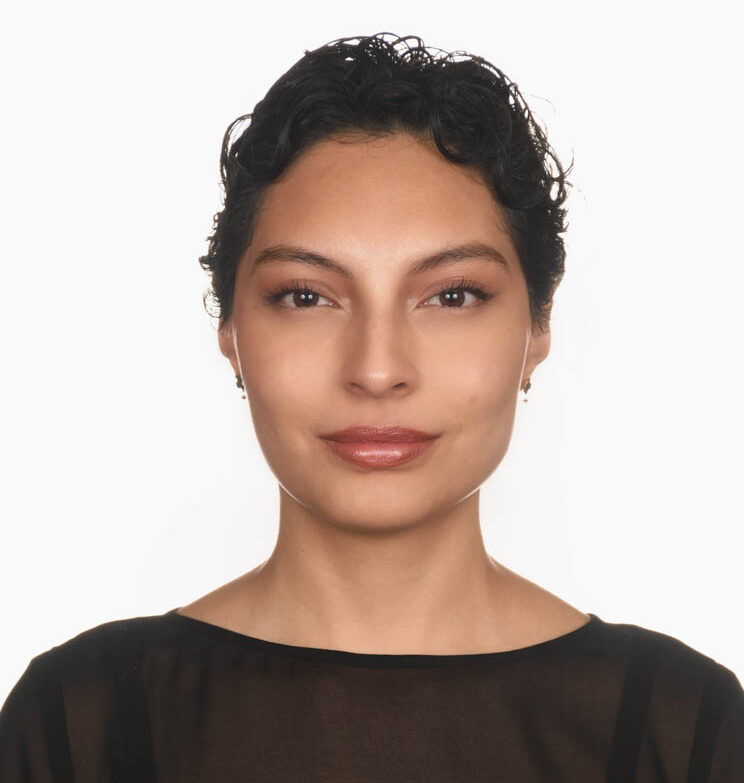
WRITTEN BY
